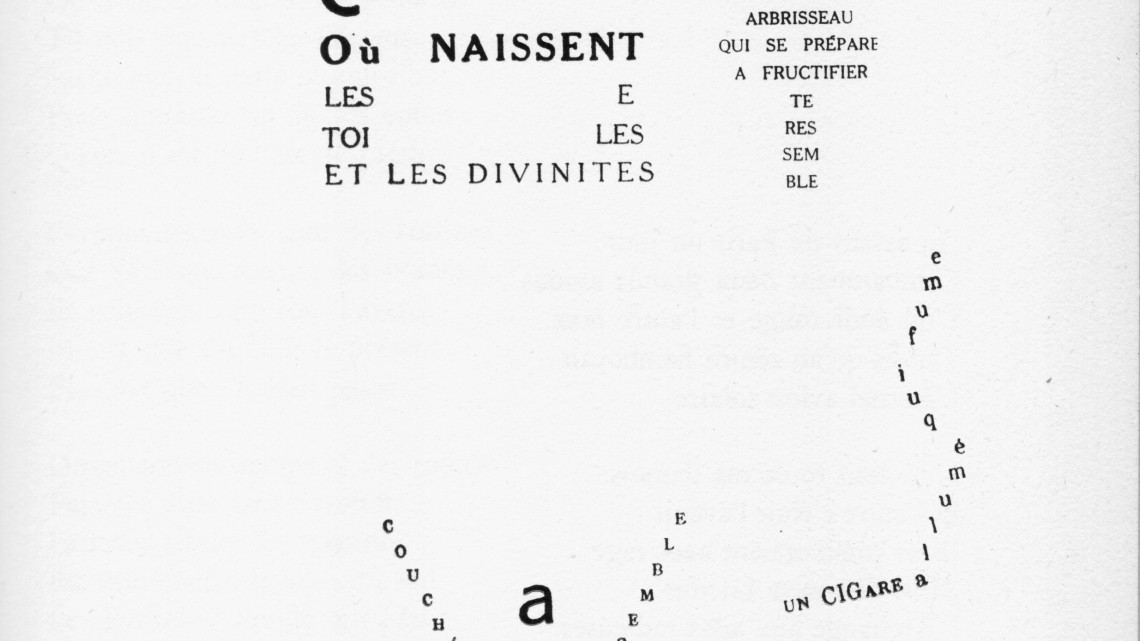As we learn to listen to our experience within the silent exchange of prayer, our perception of both our interior life and world begins to expand. In the earliest stages of spiritual development, our awareness is limited to surface emotions and external actions. We focus on the things we do and trying to avoid those actions which are unholy or sinful. In time, this goal of greater virtuous activity leads us to notice the psychological processes which inform those activities, and we soon begin to realize that to change our activity, we must change our thinking.
However, while working within the limits of our psychological experience may have many salutary benefits, there remains yet another level to experience. In time, we develop a kind of experiential knowledge of the spiritual cycles of consolation and desolation that runs deeper than our ability to express. We begin to see that there is an aspect of experience and reality that goes beyond the words and concepts we use to express our internal life.
Along these lines, when we talk about the experience of spiritual realities, we use words that act as a kind of approximation. We can talk about “feeling” or “intuition,” but even such phrases are slightly incomplete. While they help lead us to explore spiritual experience, they seem to indicate a kind of non-thinking and unknowing which is insufficient. Awareness of the different movements of the heart cannot be reduced to simply turning off our thinking, but rather involves a whole network of perception and understanding that goes beyond even the category of intuition. Likewise, we can talk about tasting and touching this deeper level of our existence, but such terms are likewise analogous in nature.
It is not so much important that we develop sophisticated ways of describing the spiritual senses, but simply that we allow ourselves to be led into prayer that goes beyond words. This kind of praying means that we learn to see and experience the interconnection between the deeper experiences of the heart, our interior dialogue and thought processes, and ultimately how these flow out into action.
We must remember that our goal is never experience nor awareness as an end in itself. Spiritual practices must conform to the necessary guidance of dogma and doctrine, and our interior grasping of revealed truth must lead to virtuous and noble actions. This deeper level awareness does not replace the command to serve God and neighbor, but rather becomes the precondition which makes us available to the prompting of the Holy Spirit. Any emphasis which does not properly balance all these different elements becomes faulty and erroneous. That is why must constantly allow the Holy Spirit to lead us ever deeper in our relationship with Jesus Christ.












No Comment